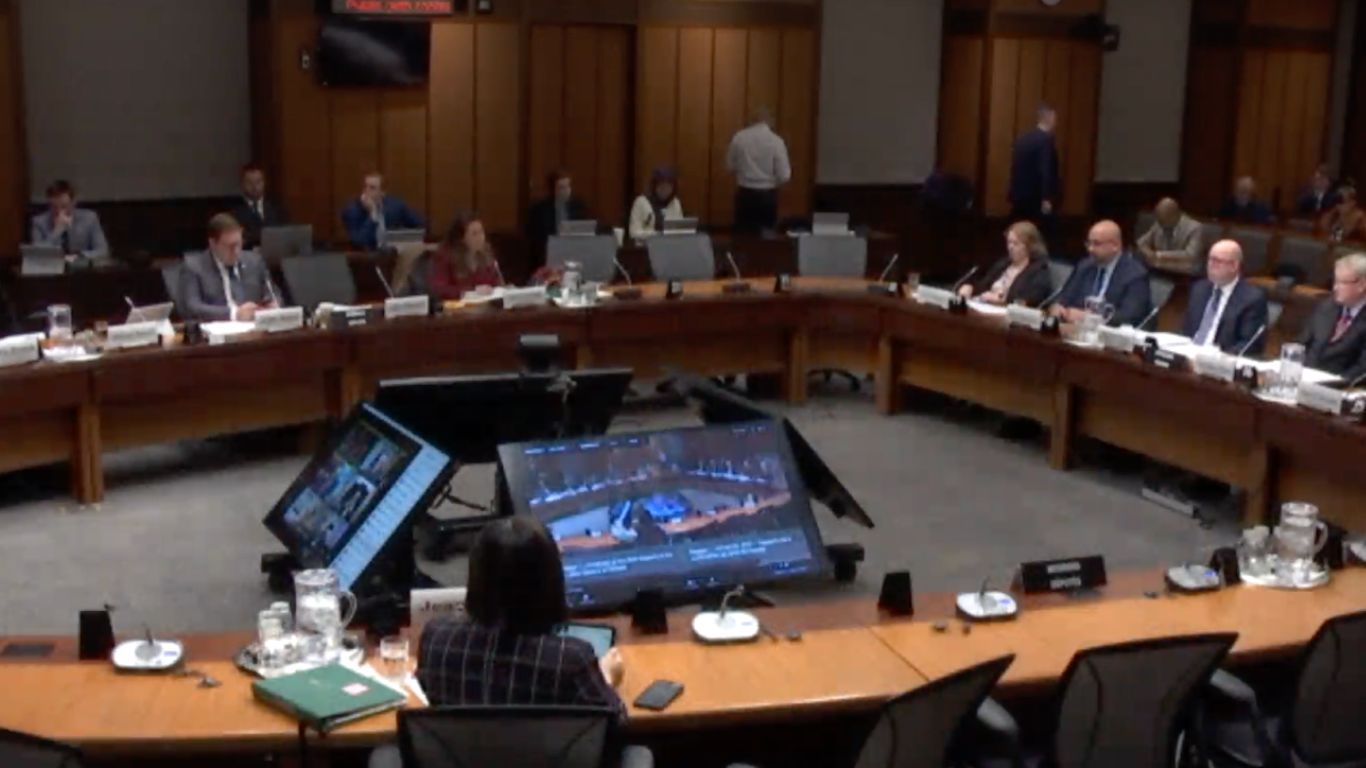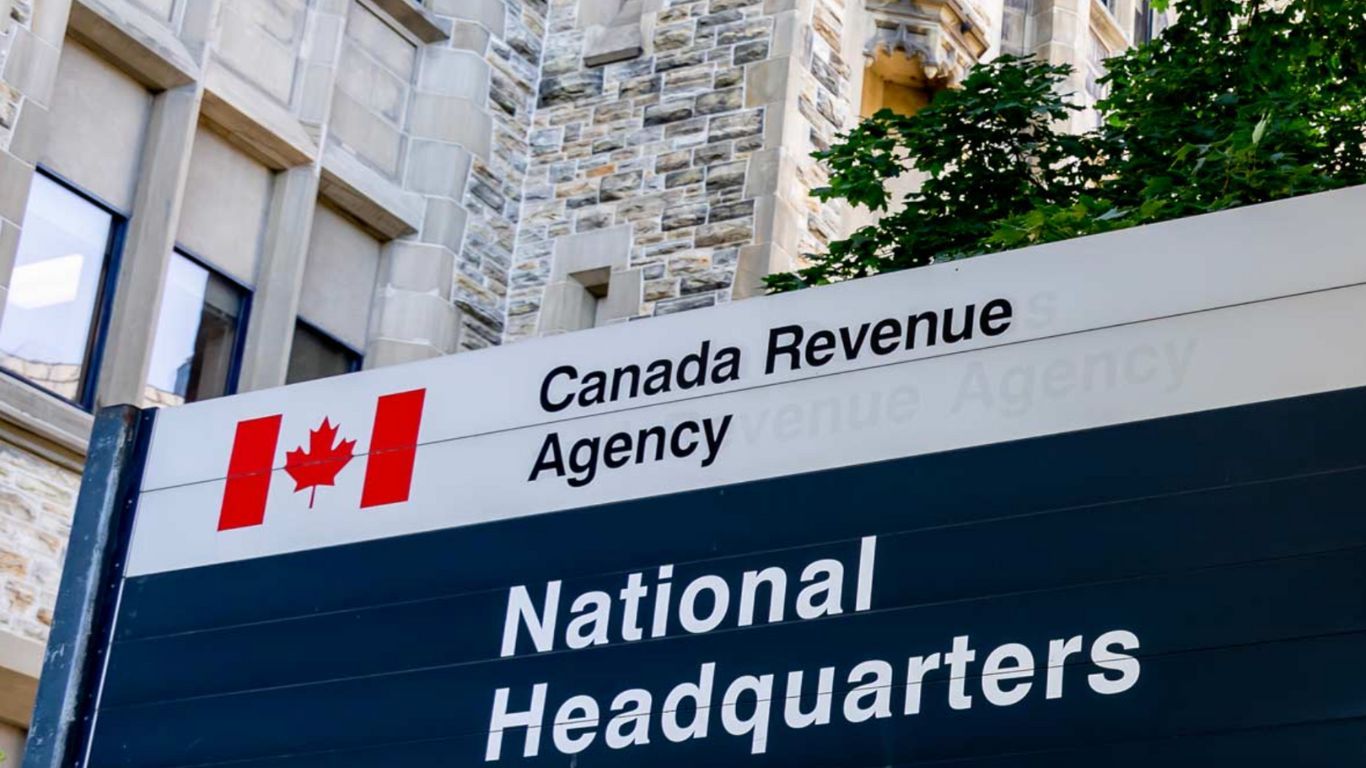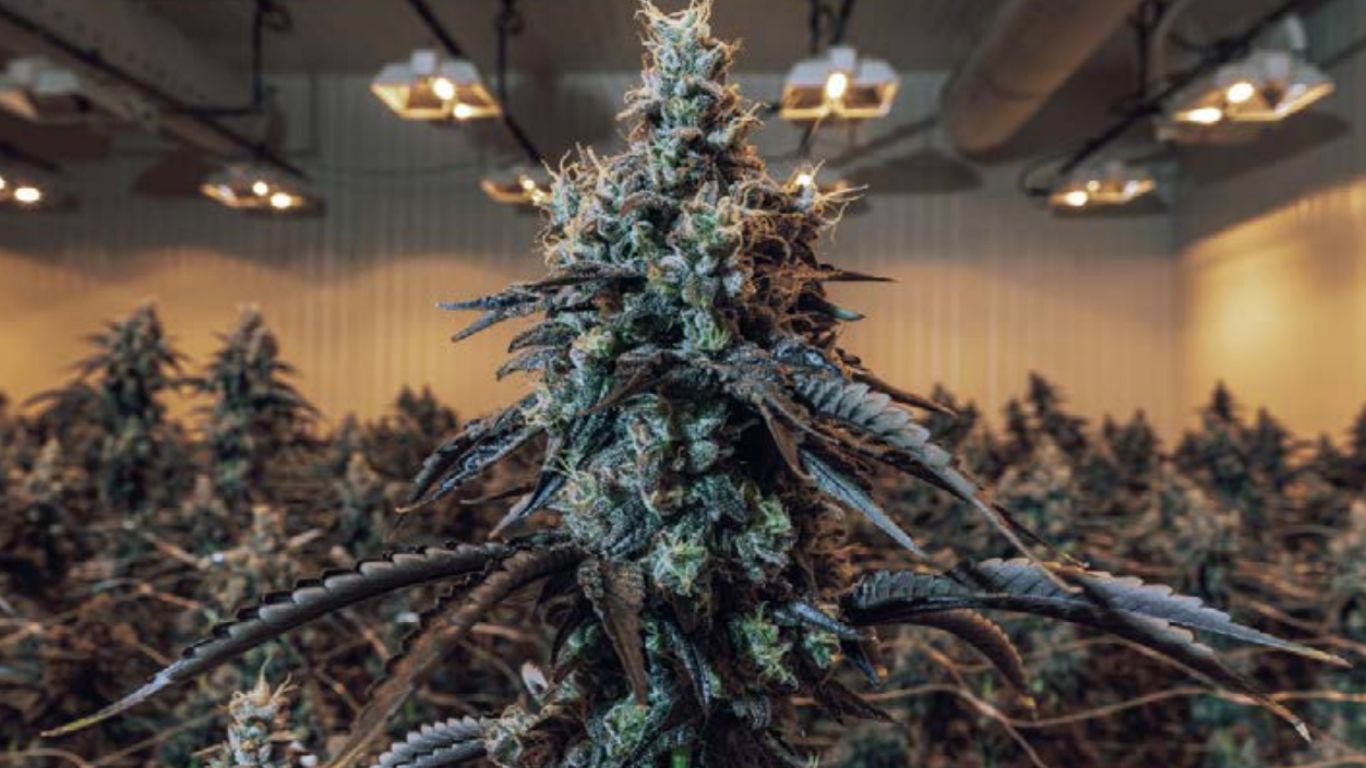
Hello and happy 4/20 week from us here at StratCann! As you waded through press releases and promotional sales, it might have been easy to miss some of the actual news happening this week.
On StratCann, we covered Mississauga’s vote to (finally) allow retail cannabis, recalls issued for two CBD products containing melatonin, the declining CPI for cannabis (except medical), the weed scene in Windsor, and the release of Health Canada’s latest compliance and inspections report, which highlighted the resumption of in-person inspections.
Meanwhile, in other news, the vibe of the annual 4/20 extravaganza has been decidedly more ‘retail’ in the last couple years. Nevertheless, the mainstream media always gets to have their fun: CTV Edmonton featured Alberta Bud and their “giant joint,” while the Vancouver Sun ventured down to Sunset Beach to ask revellers about their gripes, which include limited medical access and spending $55 on two vape carts. And Peace Arch News pleads for someone, anyone, to please think of the children!
In another 4/20-themed news piece, Winnipeg’s Fiddler’s Green Cannabis Co. owner RJ Kusmack was invited onto the local news to talk about how the overall culture of cannabis has evolved over the last few years.
A group of experts from the Canadian Institute for Substance Use Research, the University of British Columbia, and the BC Centre on Substance Use published an op-ed in The Tyee this week, critical of the enforcement approach taken to cannabis compassion clubs, arguing that it kneecaps the ability of cannabis to be involved in harm reduction and recovery efforts. The article comes in the wake of the raids at the Victoria Cannabis Buyers Club.
Fire & Flower and Couche-Tard have signed a cannabis licensing deal. Couche-Tard already owns about 35% of Fire & Flower, but this deal will see five MC Cannabis stores, all located next to Circle K convenience stores, converted to Fire & Flower locations, as part of Couche-Tard’s commitment “to developing Fire & Flower branded retail cannabis stores in Ontario.”
There’s some concern in Saskatchewan that their government’s decision to intervene in the case in support of Quebec’s ban might indicate their desire to ban homegrown in the prairie province. CBC Saskatchewan spoke to local cannabis grower Mike Bartlett, owner of The Gras Shop in Saskatoon, about the Quebec ban on home growing. He said he’s worried that the province isn’t “closing the door” on a potential ban of their own.
UberEats has launched its cannabis delivery service in British Columbia, the CBC reported this week. Much like Ontario, where UberEats began delivering weed about six months ago, drivers will fulfill orders on behalf of participating stores. The company says there are currently seven retailers signed up.
The First Nations Leadership Council in BC spoke up on 4/20 to call for changes to various aspects of cannabis law, including tax and revenue sharing. The Indigenous cannabis sector has been growing in BC and, that province, among others, has tried to take steps to incorporate First Nations jurisdiction into the cannabis regime—but as the group points out, it’s clear that there are still some sticking points.
A report at the Medical Device Network says that a new roadside cannabis testing tool is being released in the United States. Called the OcuPro, the test works by analyzing eye activity and pupil characteristics. What might be most interesting about it is that the company claims it can differentiate between recent cannabis use and the latent presence of cannabis in the system— – a crucial technology, given the steady drumbeat of stories we’ve heard over the past few years of people failing saliva tests days after smoking.
Ghost Drops is going retro: the cannabis brand announced that, now that they’ve transitioned from a mail-order-marijuana (MOM) website into the legal market, they’re transitioning back to running a MOM site. (The catch? It’s a medical platform— – which is to say, you order online just like at all the other medical cannabis companies.)
And finally, some outlets covered a story based on data from last year showing an increase in cannabis seizures from Canada into the US since Canada legalized. This increase, which StratCann has covered extensively, also correlates with the closure of the US/Canada border to non-essential traffic during the peak of the pandemic, arguably giving border enforcement agents more opportunity to discover illicit goods.












